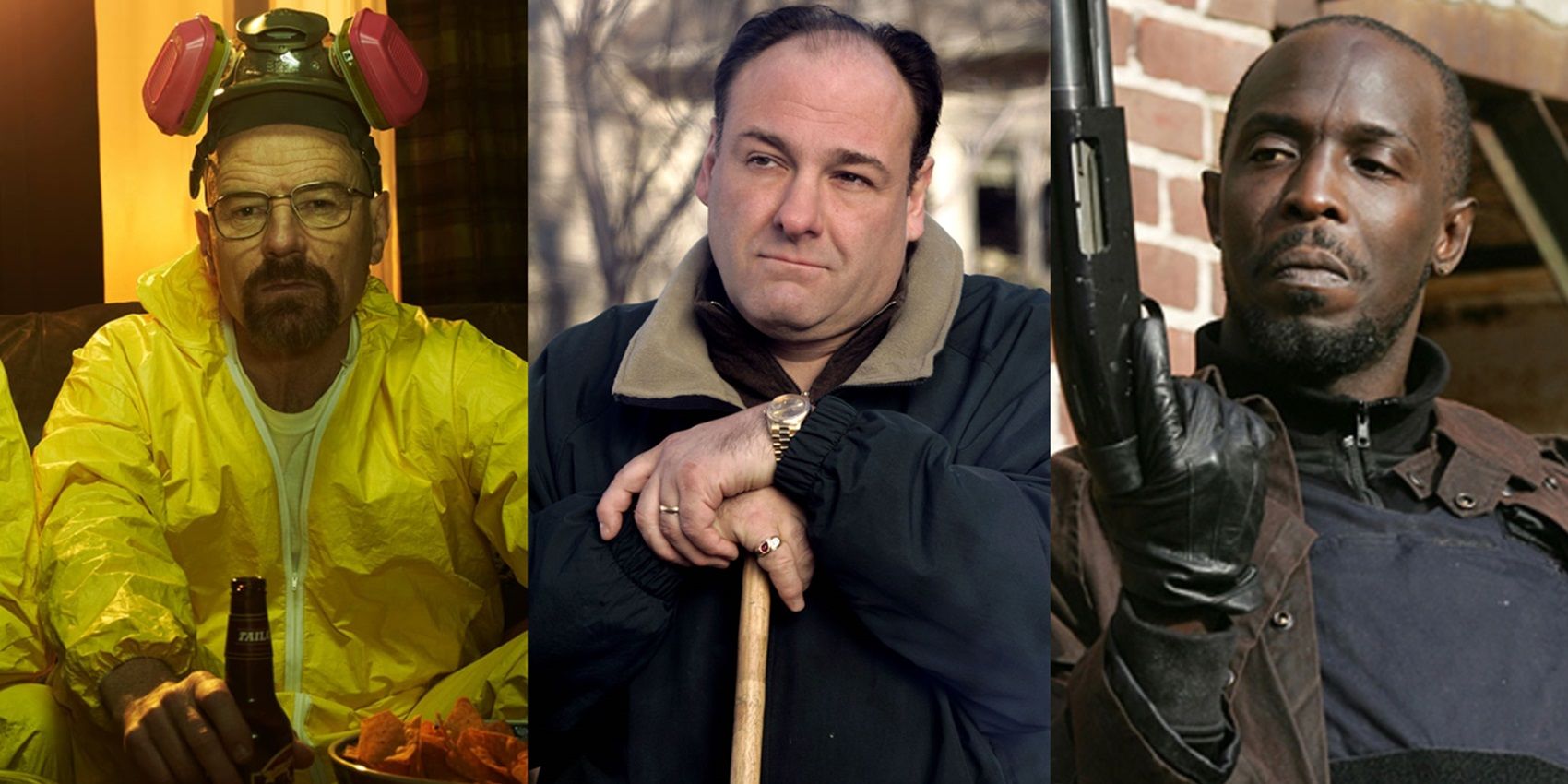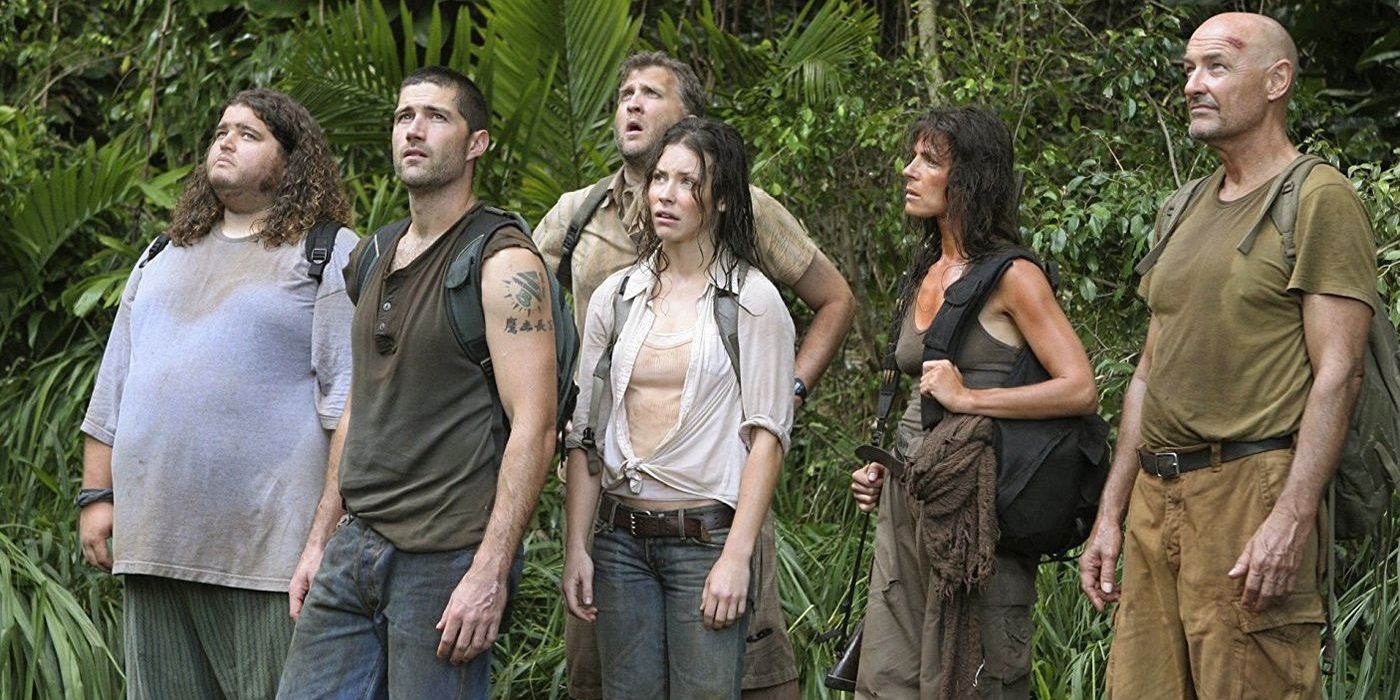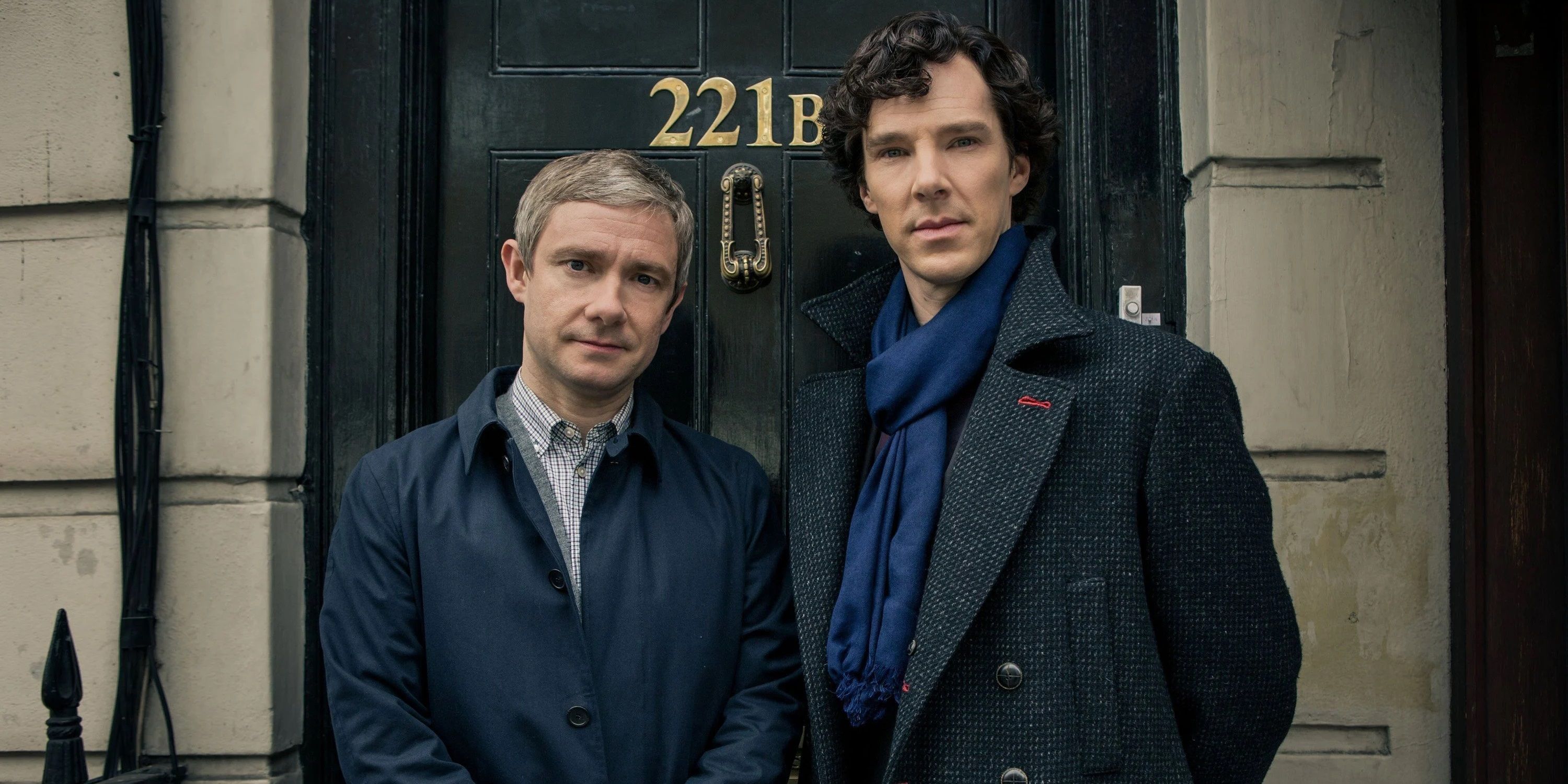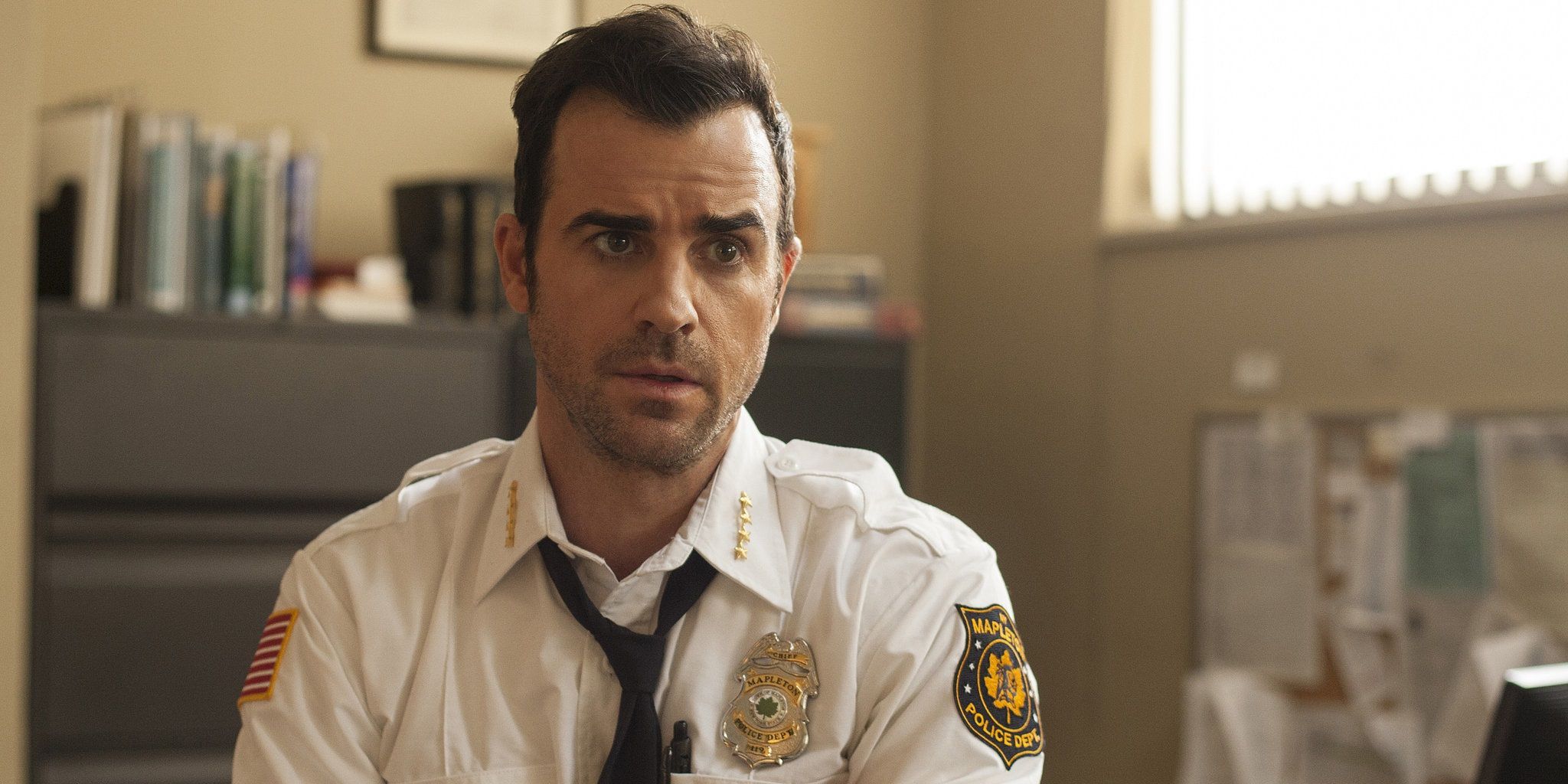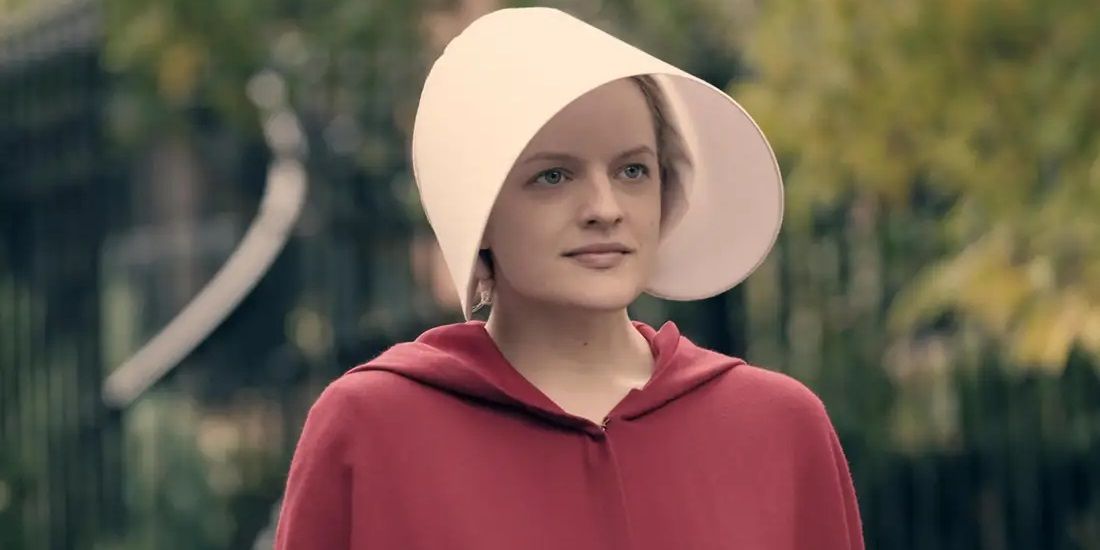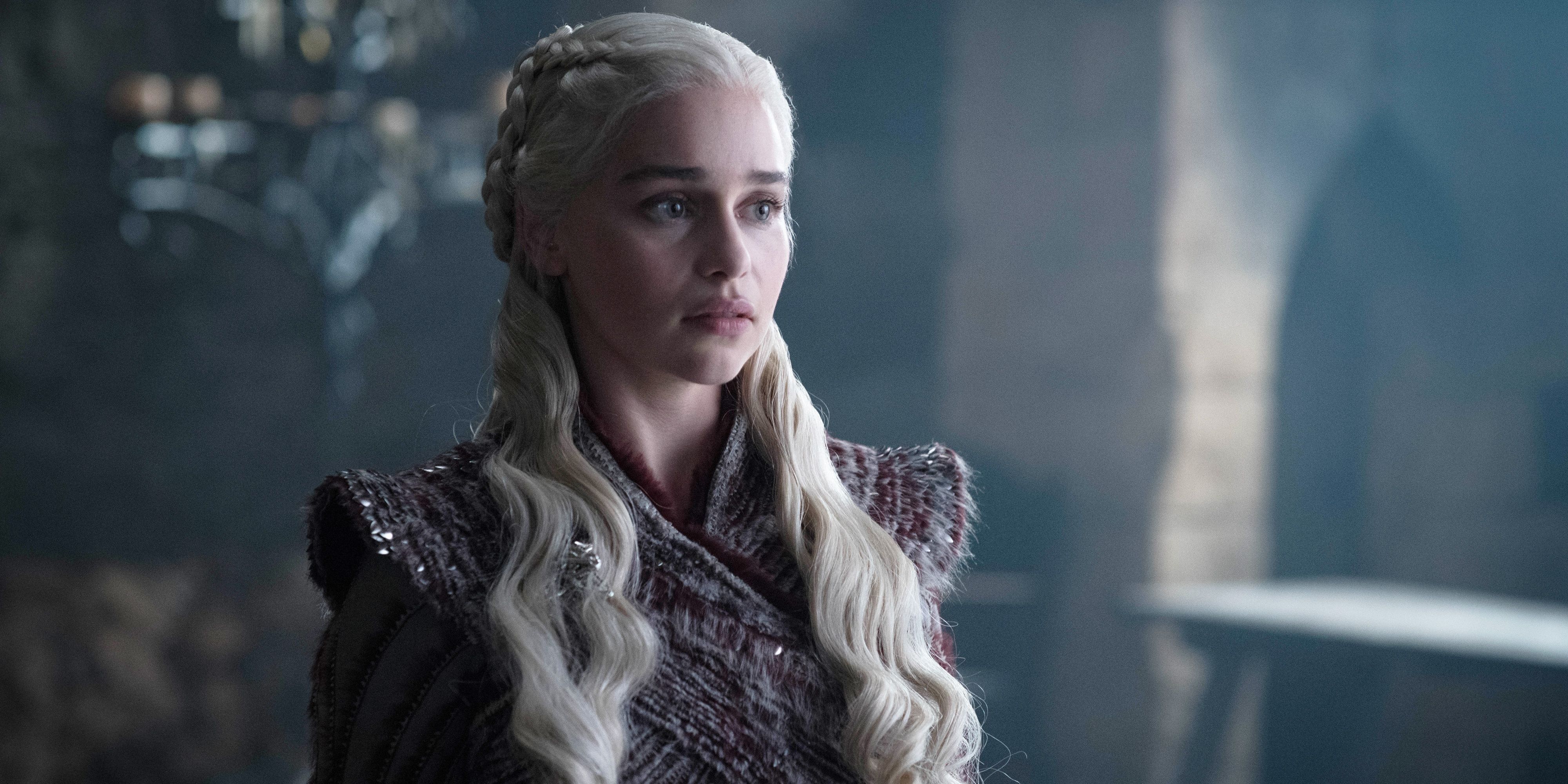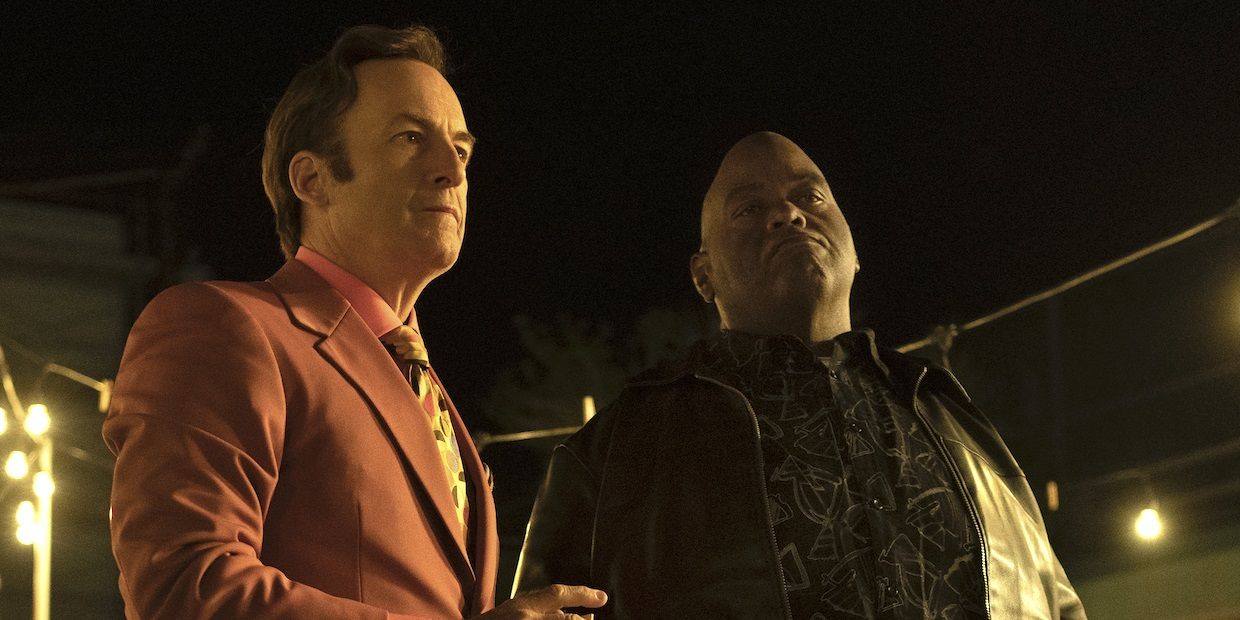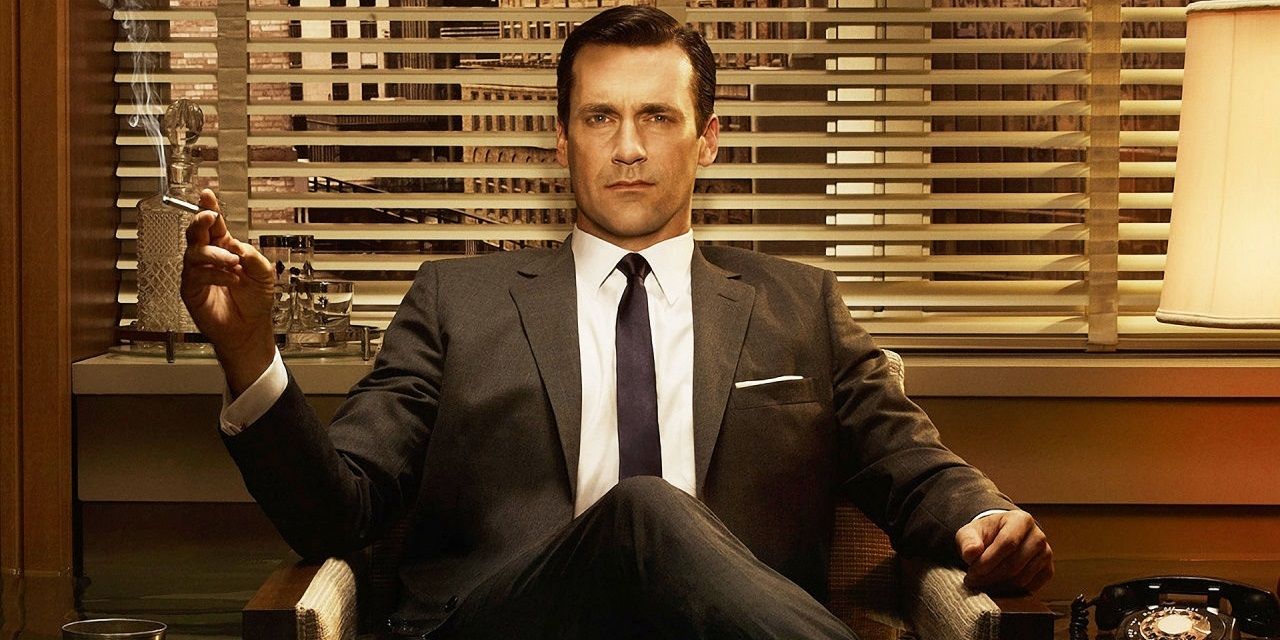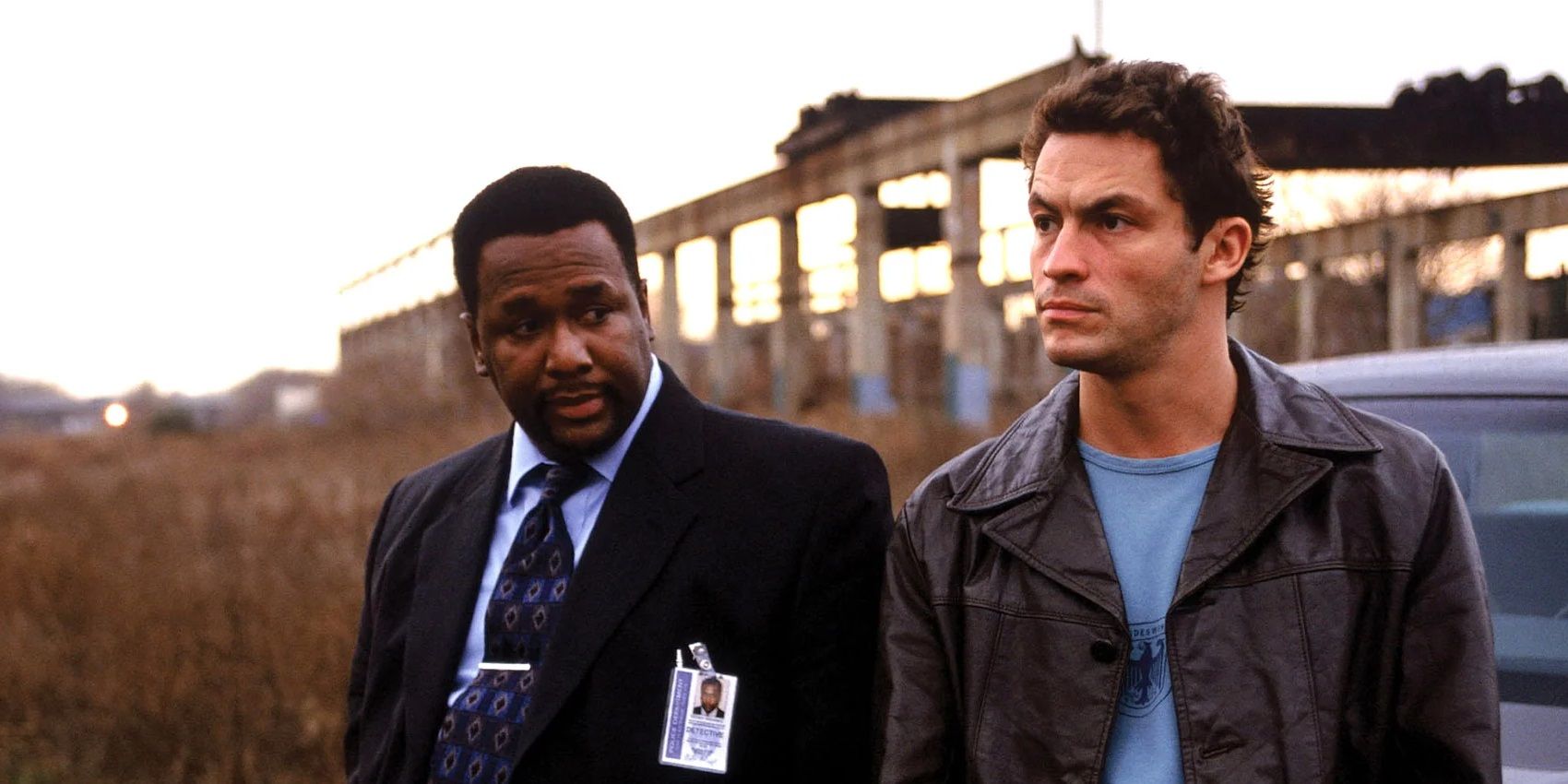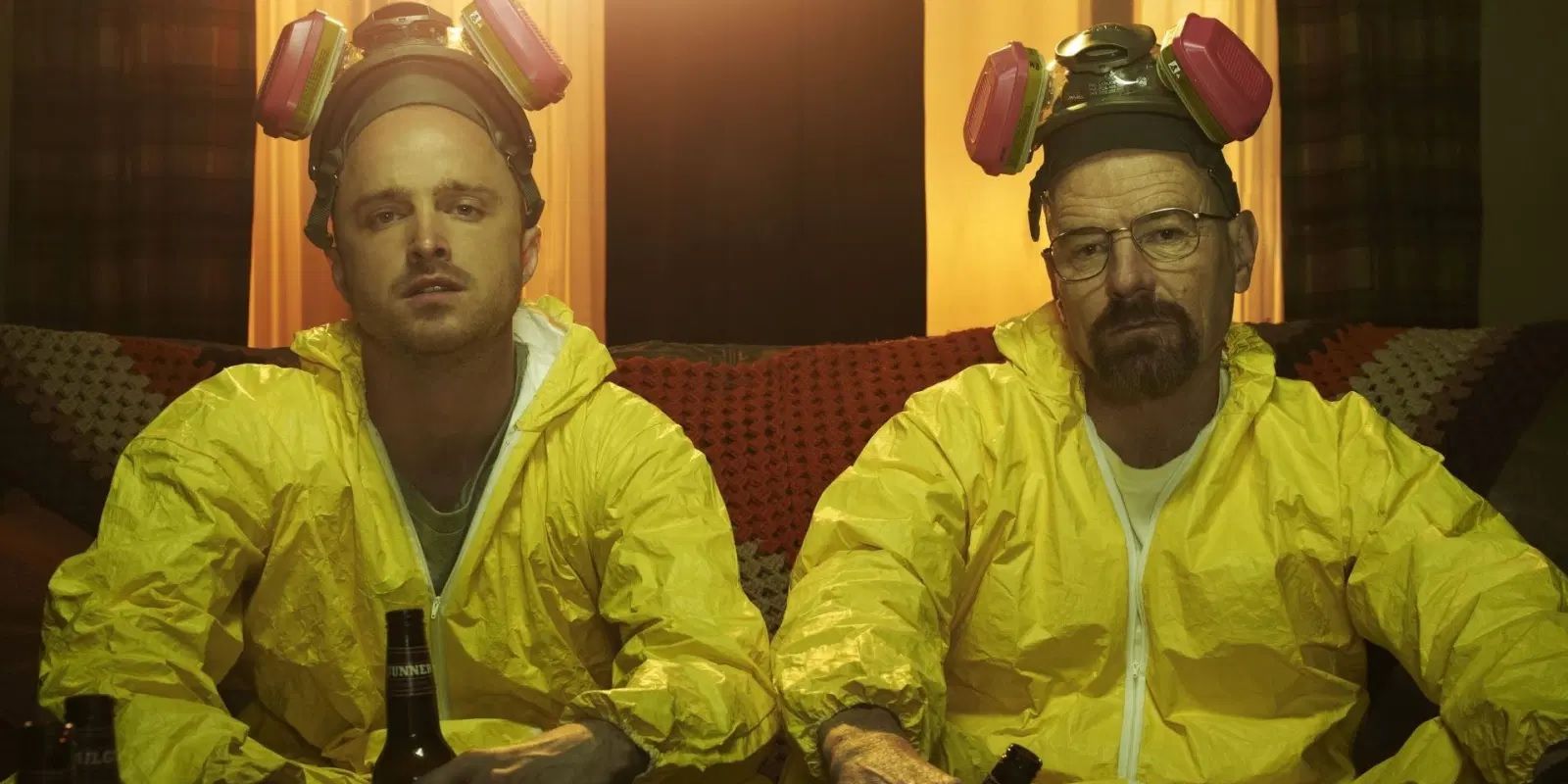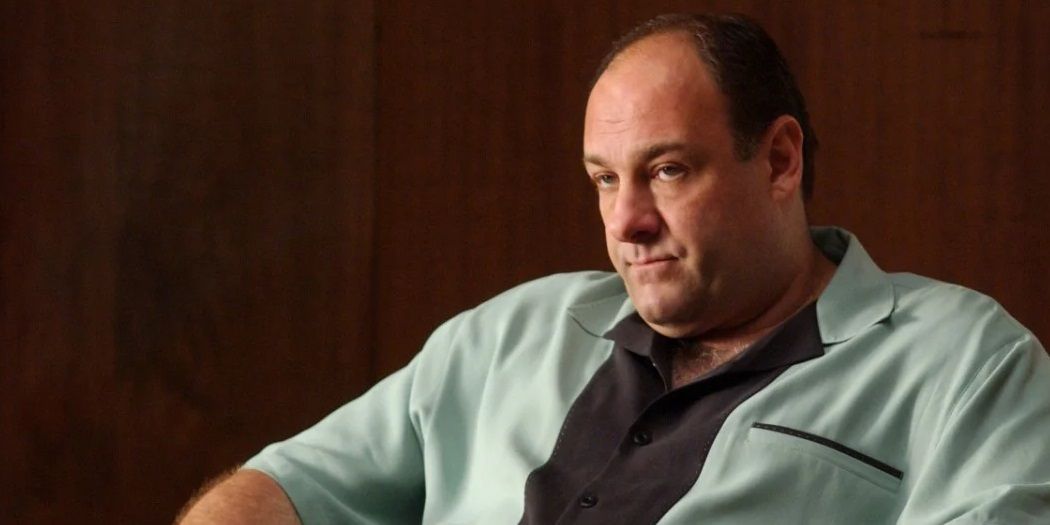Television had been around for decades at the turn of the 21st century, but it didn’t hit its stride as a medium for storytelling until antiheroes like Tony Soprano and Walter White came along with their complex, serialized storylines. This ushered in the so-called “Golden Age” of television, sometimes called “Peak TV,” and audiences were treated to some of the greatest TV series ever produced during this time.
The best TV dramas have broken down the conventions of episodic television and some of them can feel more like a giant movie cut up into bite-sized chunks than a traditional TV show.
10 Lost
The mysteries of the island on which the survivors of the Oceanic Airlines Flight 815 plane crash were marooned kept TV viewers on the edge of their seats for six years. Lost was deservingly one of the most popular dramas on the air throughout its run.
The muddled finale episode let down the series’ standing as a complete work, but there was no way a Lost finale was going to please everyone and, on the whole, it’s still a great show.
9 Sherlock
Mark Gatiss and Steven Moffat’s Sherlock brought Sherlock Holmes and Dr. Watson into the modern era. The show’s feature-length episodes have brilliantly re-contextualized the classic Arthur Conan Doyle mysteries for the present day.
Benedict Cumberbatch and Martin Freeman anchor the show in the roles of Holmes and Watson, nailing each character in addition to sharing palpable on-screen chemistry.
8 The Leftovers
Although it was cut unfortunately short by its low viewership, The Leftovers is one of the most intriguing and well-crafted shows in recent memory. It’s set in a world in which 2% of the global population has mysteriously vanished.
The apocalypse in The Leftovers doesn’t devastate civilization like the zombie uprising of The Walking Dead; instead, the series focuses on the psychological ramifications. The world looks the same, but the mentality is different.
7 The Handmaid’s Tale
Elisabeth Moss has made for a captivating lead as Offred in Hulu’s small-screen adaptation of Margaret Atwood’s dystopian masterpiece The Handmaid’s Tale. Atwood herself has been involved in translating her story to the screen.
Touching on plenty of timely issues, The Handmaid’s Tale has been one of the most socially significant shows of the past few years, even if its second and third seasons couldn’t quite live up to the first.
6 Game Of Thrones
David Benioff and D.B. Weiss’ small-screen adaptation of A Song of Ice and Fire, Game of Thrones, disappointed fans with a disjointed, half-baked final season that rushed through its plot points.
But before perhaps the most notoriously bad final season ever broadcast, Game of Thrones was one of the greatest shows on the air for seven years.
5 Better Call Saul
Spin-offs don’t always work out in television. In fact, they usually don’t. Most spin-offs are a shallow attempt to cash in on a successful series and rarely manage to hold a candle to their predecessor. But against all odds, Vince Gillian, Peter Gould, and co. have satisfied Breaking Bad fans with their prequel series Better Call Saul.
Chronicling the origins of Breaking Bad’s criminal underworld through the story of Walter White’s devious “criminal” lawyer, Better Call Saul is almost as great as the flagship show.
4 Mad Men
The advertising industry might not sound like the basis for a riveting TV drama, but Matthew Weiner proved it could be across seven seasons of Mad Men, the ‘60s-set saga of ad man Don Draper.
Jon Hamm delivered a star-making performance as Draper, while supporting turns by Elisabeth Moss, John Slattery, Christina Hendricks, and January Jones helped to bring the writers’ impeccable work to life.
3 The Wire
Despite being a scripted drama, The Wire often feels more like a documentary. David Simon and his writers all came from a background in journalism, and were well-equipped to expose the institutionalized corruption in Baltimore across five seasons of television.
Each season of The Wire focuses on a different part of the city, from the police to the press to the local government to the education system, for a rounded portrait of the American city.
2 Breaking Bad
Inspired by television’s M.O. of resetting a show’s premise every week so that the characters never change and they can run for 100 episodes, Vince Gilligan set out to make a show about change. At the beginning of Breaking Bad, Walter White is a mild-mannered chemistry teacher who’s diagnosed with lung cancer. By the final season, he’s a drug lord with more money than he knows what to do with.
The web of lies between the characters of Breaking Bad and the high-stakes world they inhabit made the show as addictive as Heisenberg’s pure blue meth.
1 The Sopranos
Although The Sopranos technically premiered in 1999, it spent the majority of its run in the 21st century and its influence lasted long after its controversial series finale. James Gandolfini’s lead performance as Tony Soprano consists of some of the most incredible acting ever captured on film.
Inspired by Goodfellas, David Chase made a show about the mob that focuses more on the mundane aspects of their daily life than the violent aspects. In exploring Tony’s psyche, Chase made something universally relatable that transcends its gangland setting.

